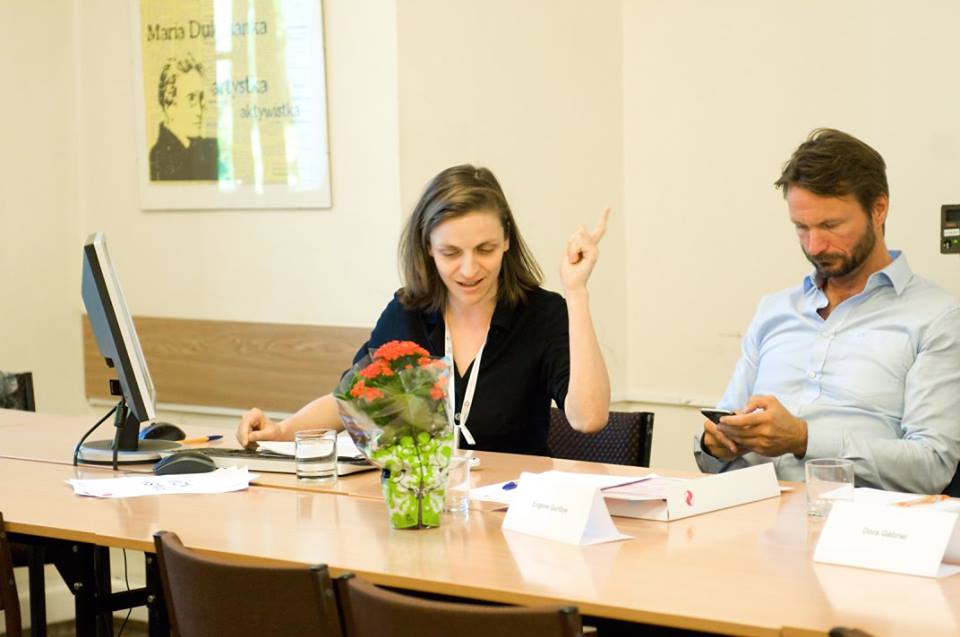Comparing gender attitudes of Polish migrants and non migrants - Ewy Krzaklewska, Lihong Huang and Paula Pustułka presentations during the TRANSFAM conference
Ewa Krzaklewska together with Lihong Huang and Paula Pustułka presented a paper titled Migrating towards gender equality? Comparing survey data on gender attitudes of Polish migrants and non-migrants" with outcomes from GEQ and TRANSFAM projects.
The presentation could be found here.
More information about the conference is available on the TRANSFAM webpage .
Abstract
The paper revisits the debate on the relationship between international mobility and progress in the realm of equality between men and women. Engaging with the hypothesis claiming that moving to a more gender-egalitarian country leads to more emancipatory strategies and progressive changes within family/couple dynamics, we examine survey datasets of GEQ a nd Transfam studies. While GEQ - Gender Equality and Quality of Life project featured a representative sample of the Polish population, the Transfam research on "doing family" in the Polish-Norwegian transnationality has collected responses to a web survey from Polish migrant
couples and parents in Norway. In this paper, we analyse and compare both gender equality attitudes and family practices of Poles in Poland vis - à vis Poles in Norway. We discuss opinions about the meaning and necessity of equality, as well as determine the actual declared gendered divisions of labour among migrant and non
- migrant couples. Ultimately, we identify various factors that facilitate or hinder the shift towards gender equality for Poles, as well as point to the effects of moving from Poland to Norway - arguably "the most gender - equal country in the
world".

photo Dorota Wołujczyk
Published by: Anna Ratecka

